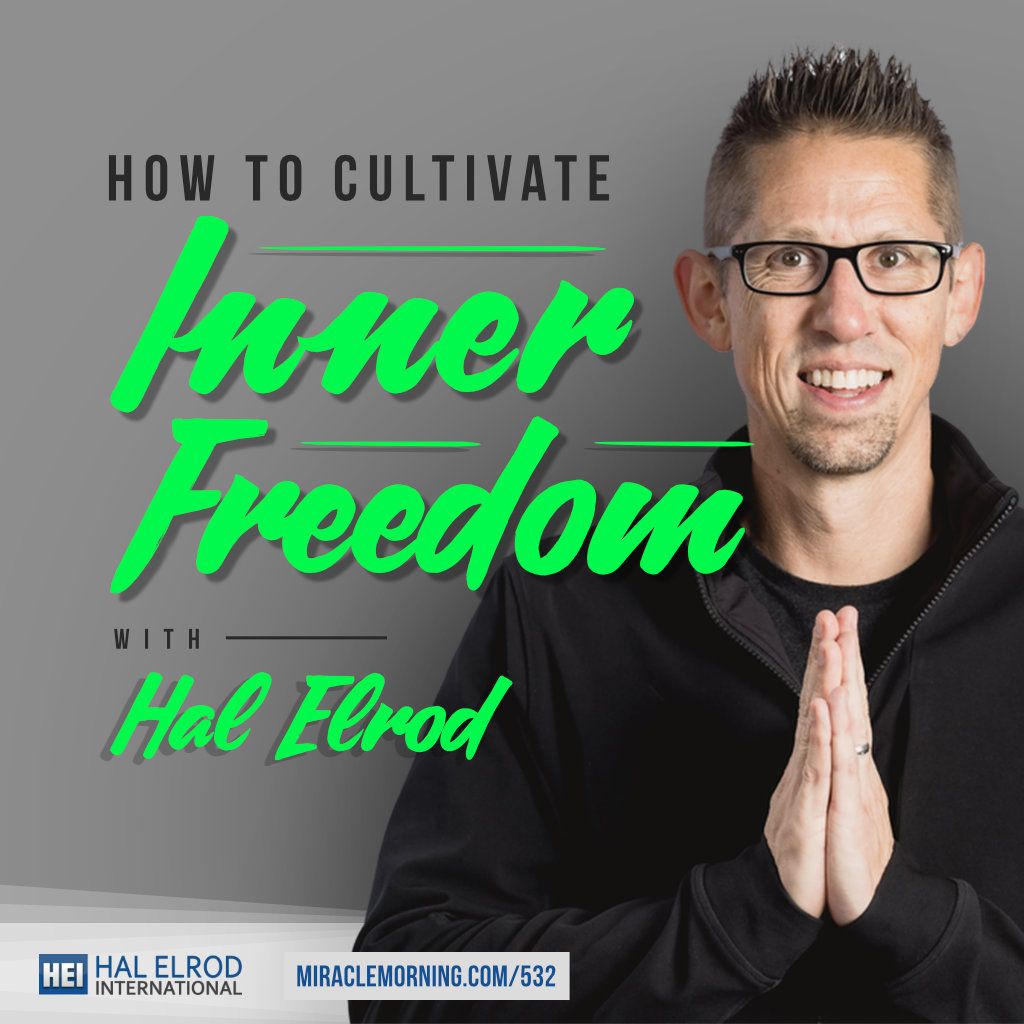In the contemporary world, many individuals yearn for a sense of freedom—freedom from societal constraints, emotional turmoil, and existential uncertainty. But what if we posed a playful question: are we truly as free as we believe ourselves to be? The teachings of the Bahá’í Faith propose that authentic freedom transcends mere physical liberty and encompasses a profound inner liberation. Within this framework, we embark on a journey to understand how to cultivate inner freedom, a concept articulated through the lens of Bahá’í principles.
At the heart of Bahá’í teachings lies the recognition of the soul’s innate desire for growth and enlightenment. This desire is not merely intellectual but extends to a spiritual awakening that allows individuals to transcend their limitations. The first step toward inner freedom involves acknowledging the duality of human existence—that while we are physical beings, we are also spiritual entities tasked with a divine mission. This holistic view propels us toward exploring our potential beyond the shadows cast by societal conventions.
To cultivate inner freedom, one must first engage in rigorous self-reflection. The act of introspection serves as a tool for understanding one’s true self, distinct from the narratives crafted by external influences. Bahá’í teachings emphasize the importance of detachment from material possessions and personal ambitions, which often serve as shackles to spiritual progress. By disengaging from such ephemeral distractions, individuals may begin to uncover the essence of their spirit, thus paving the way for authentic liberation.
Furthermore, cultivating inner freedom necessitates the development of virtues such as patience, resilience, and humility. These attributes are not merely commendable traits; they are essential qualities that foster an environment conducive to spiritual growth. As one navigates through life’s vicissitudes, the practice of these virtues generates a buffer against the vicissitudes of fortune, empowering the individual to maintain equanimity irrespective of external circumstances. The Bahá’í principle of the oneness of humanity encourages individuals to see beyond personal grievances, fostering a collective responsibility towards uplifting others—an endeavor that ironically enhances one’s own sense of liberation.
Now, consider the challenge posed by the modern societal milieu: the incessant demands for approval, success, and validation. This chronic pursuit of external acknowledgment can lead to a debilitating cycle, wherein individuals find their self-worth tethered to their achievements or societal status. Bahá’í teachings advocate for a paradigm shift; that is, alignment of one’s ambitions with spiritual principles rather than societal accolades. By focusing on service to humanity as a measure of success, individuals can forge pathways to inner freedom, aligning their actions with their spiritual aspirations rather than the ephemeral markers of societal success.
A pivotal aspect of inner freedom also encompasses the relinquishment of fear. Fear, in its myriad forms, binds the soul more tightly than any physical restraint. Whether it be fear of judgment, failure, or the unknown, the Bahá’í teachings present courage as a counterpart to such fears. The stories of martyrs and exemplars within the Bahá’í community illuminate the profound heights of inner freedom achieved through the steadfast embrace of faith amidst persecution. This narrative encourages individuals to confront their own fears, for it is often within that confrontation that true liberation is found.
Moreover, the interplay between forgiveness and inner freedom cannot be overstated. Holding onto grudges is akin to a bird with clipped wings—incapable of soaring to its potential. The teachings of the Bahá’í Faith emphasize that forgiveness is both a gift one bestows upon others and an essential act of self-liberation. By allowing oneself to forgive, the heart can be unburdened, creating space for love, compassion, and ultimately, inner peace. This process, though challenging, is vital for those seeking to navigate their path toward genuine freedom.
It is also essential to examine the communal aspect of inner freedom. The Bahá’í teachings posit that human beings are inherently social and that true liberation is often realized through community engagement and collaboration. The act of serving others not only enhances one’s own spiritual growth but also fosters an interdependence that reinforces the notion of oneness. In this communal context, individuals are liberated from the isolating tendencies of self-centeredness, leading to a greater collective spirituality that benefits all.
In summary, the pursuit of inner freedom, as illuminated by the teachings of the Bahá’í Faith, invites individuals into a profound journey of self-discovery, virtue cultivation, and communal engagement. By relinquishing attachments to materialism, embracing fearlessness, and embodying forgiveness, one can transcend the superficial constraints imposed by society. Ultimately, to be “more free than a bird” is not merely an aspirational phrase; it is an achievable reality for those who ardently seek to align their lives with spiritual principles. Thus, one must reflect: are you prepared to embark on this transformative journey toward inner freedom, or will you remain bound by the limitations of your own making?
